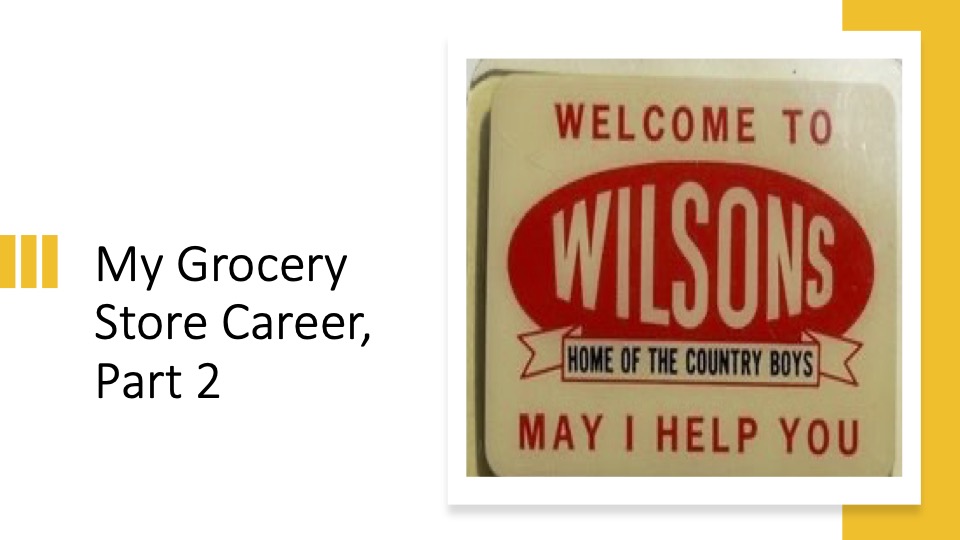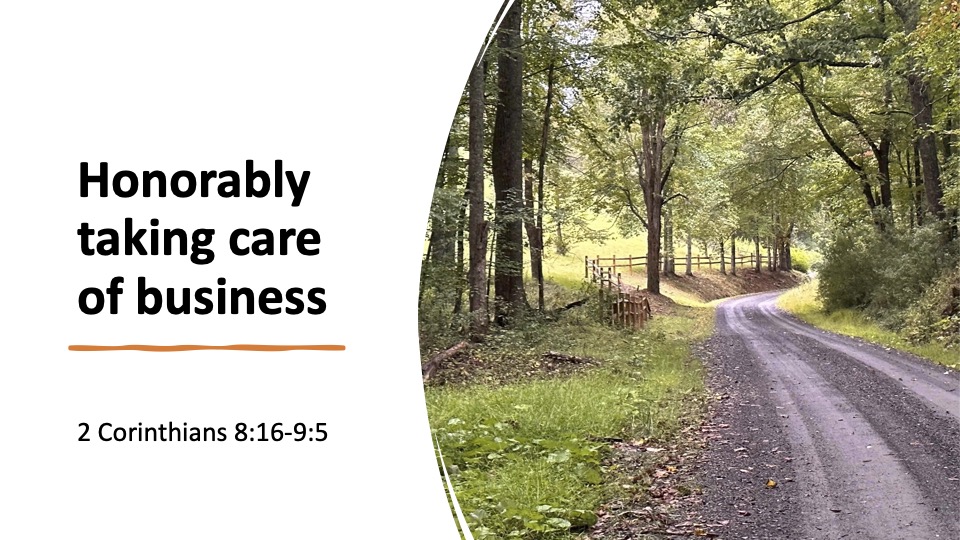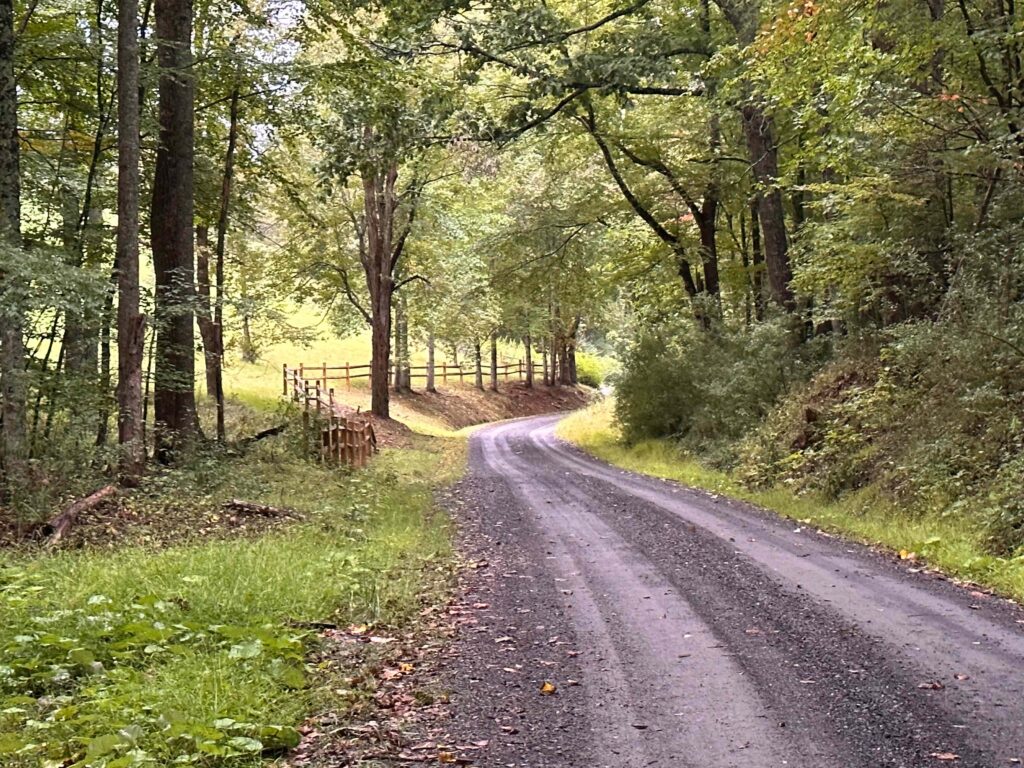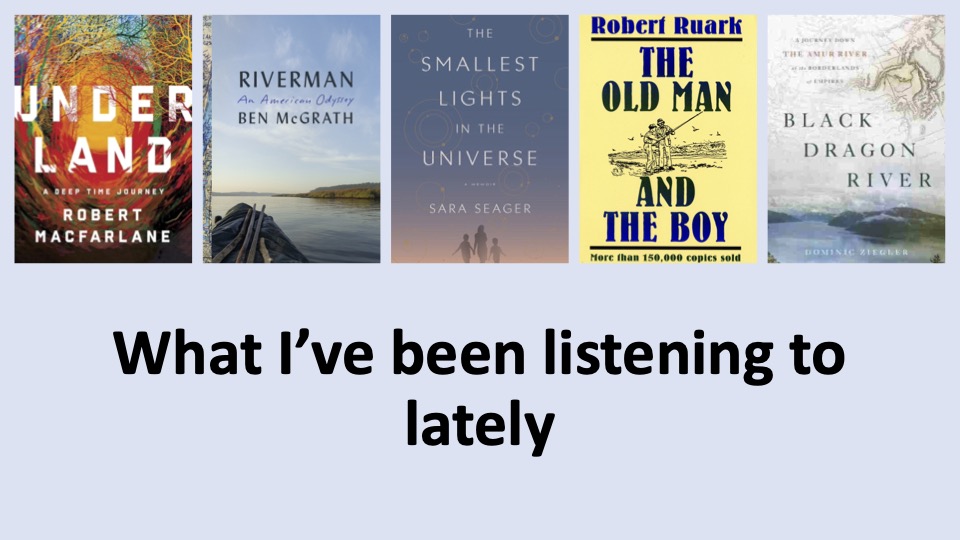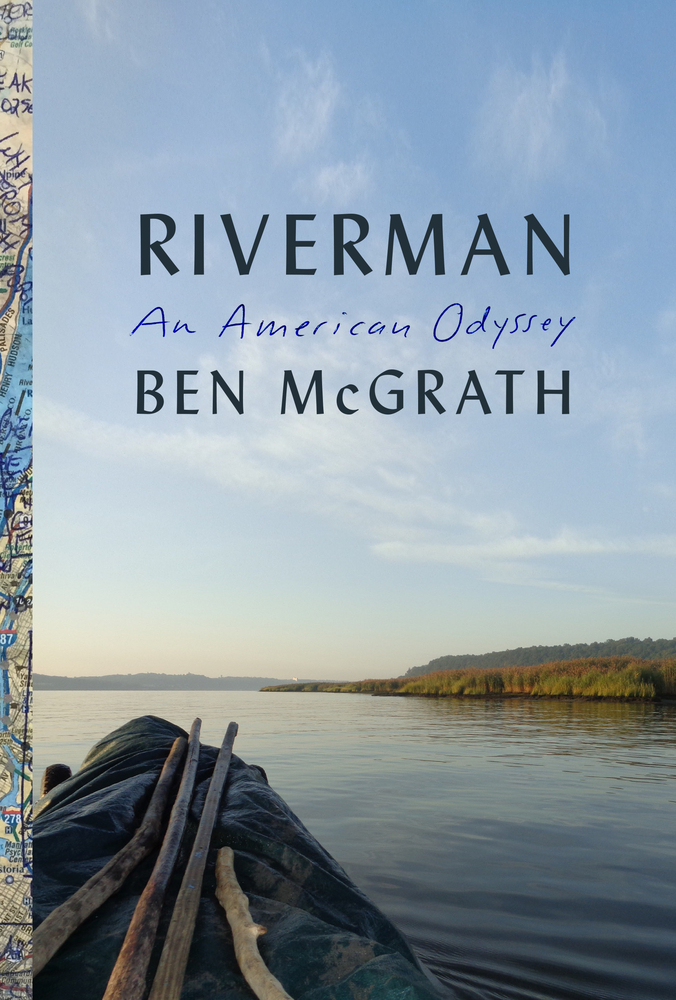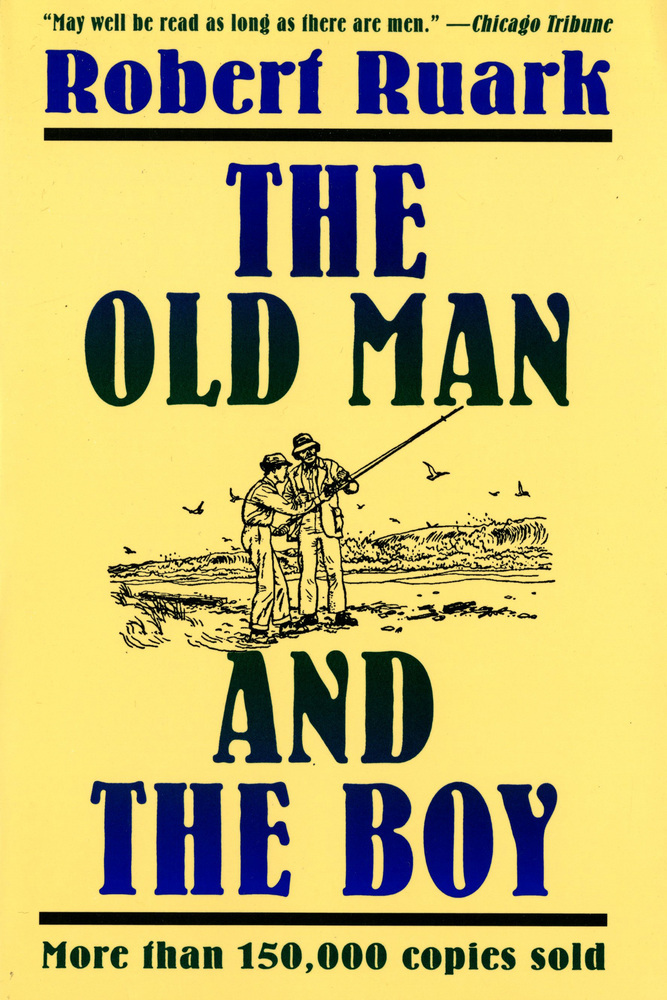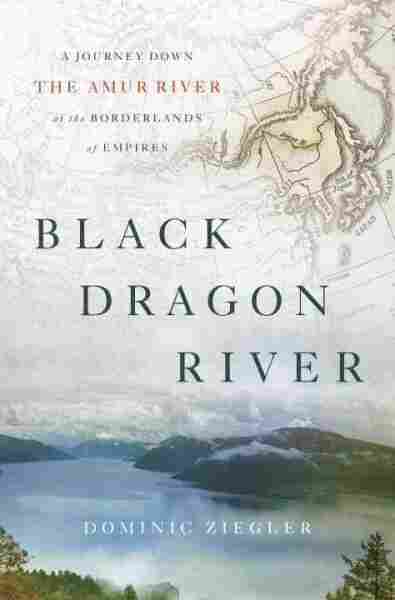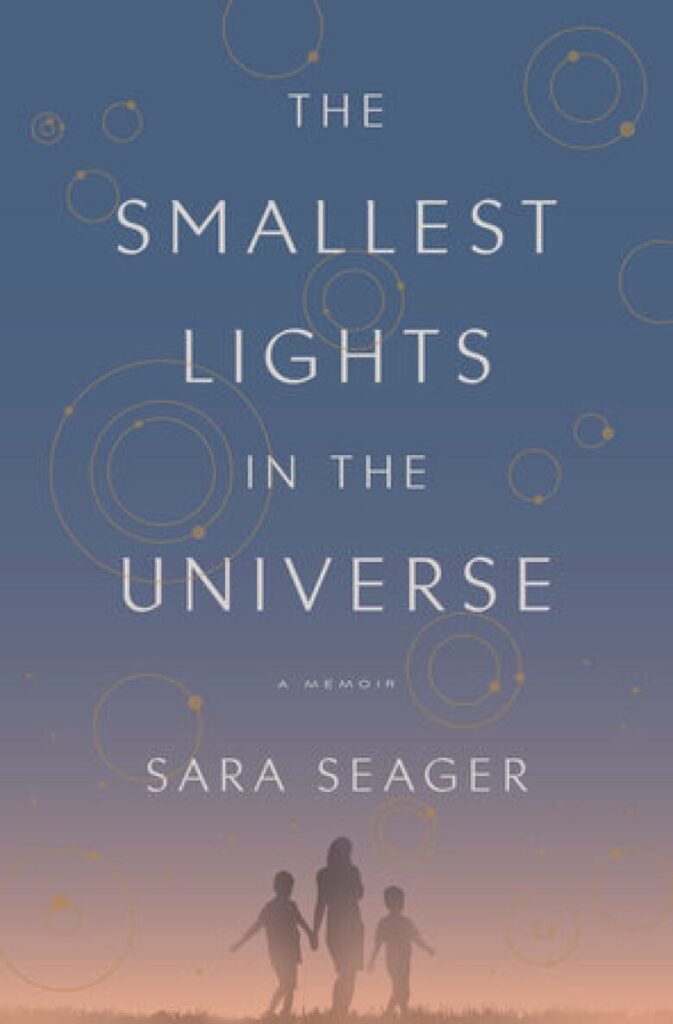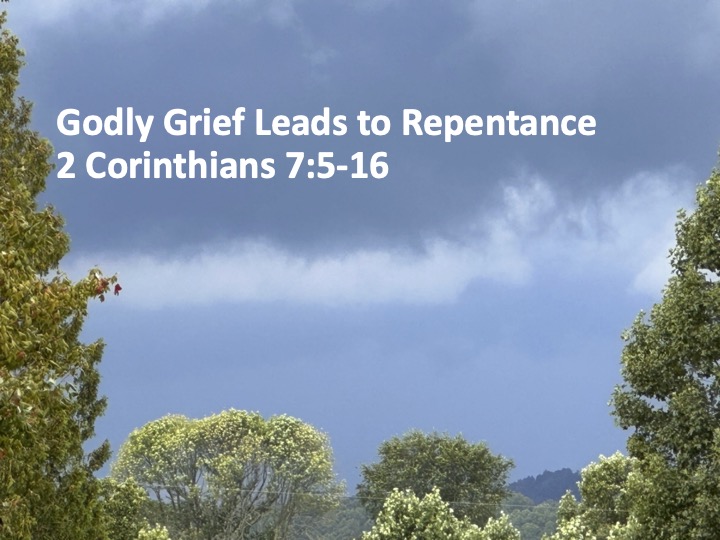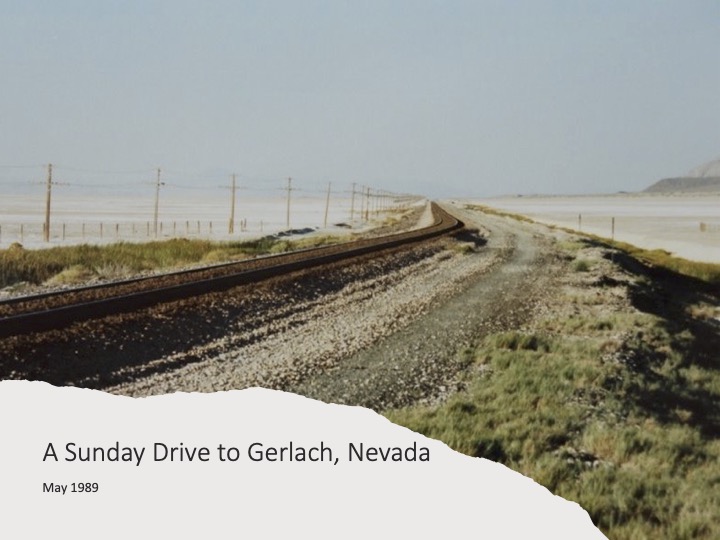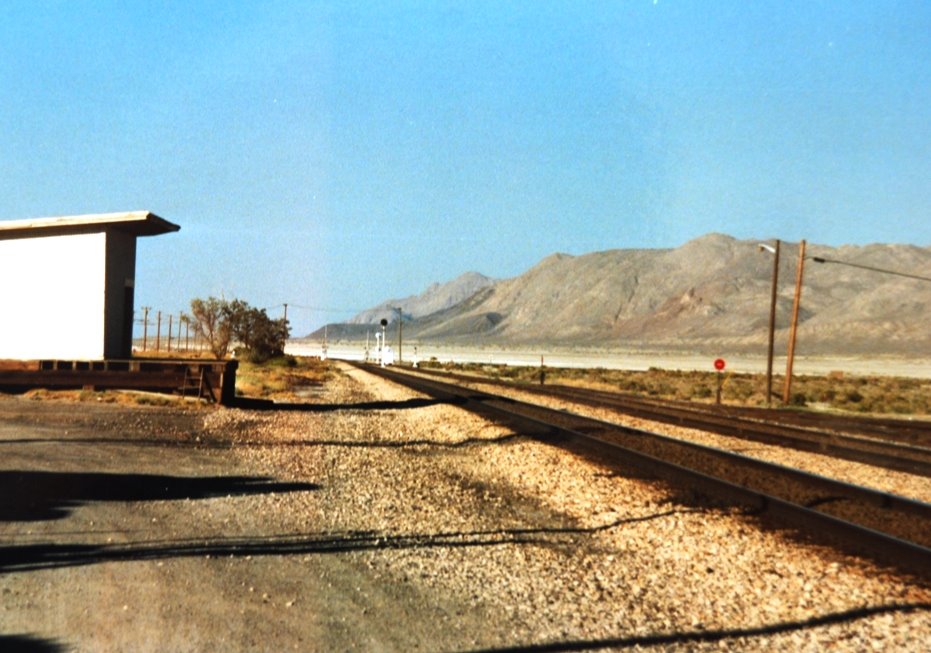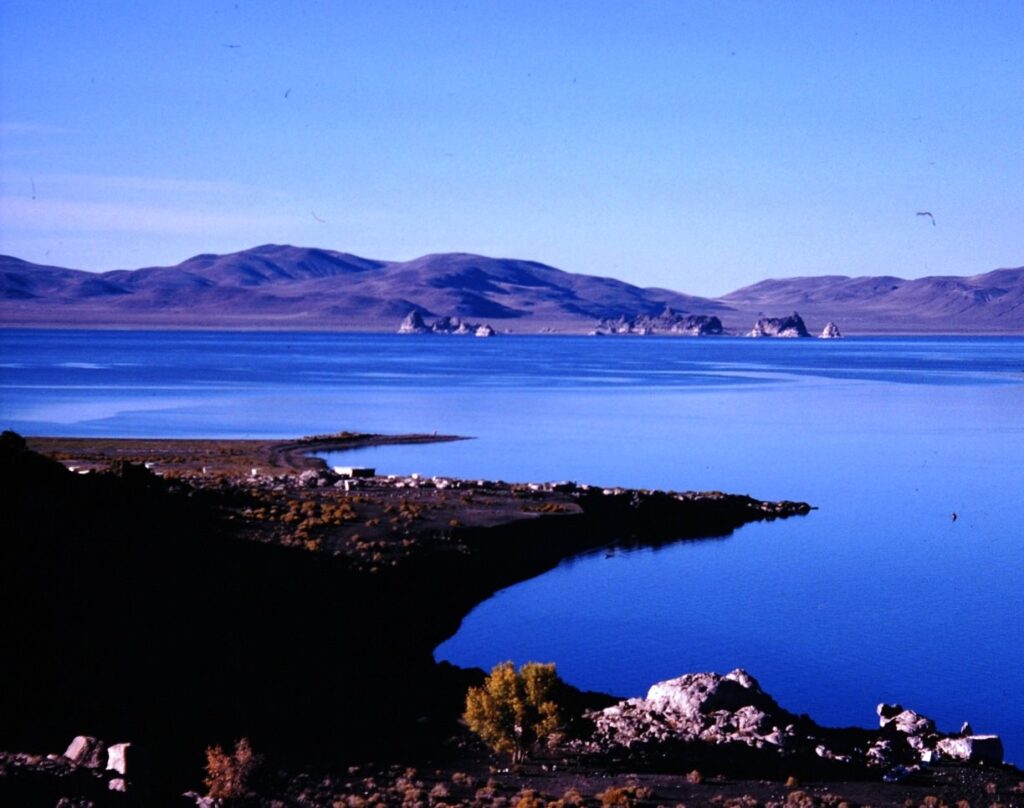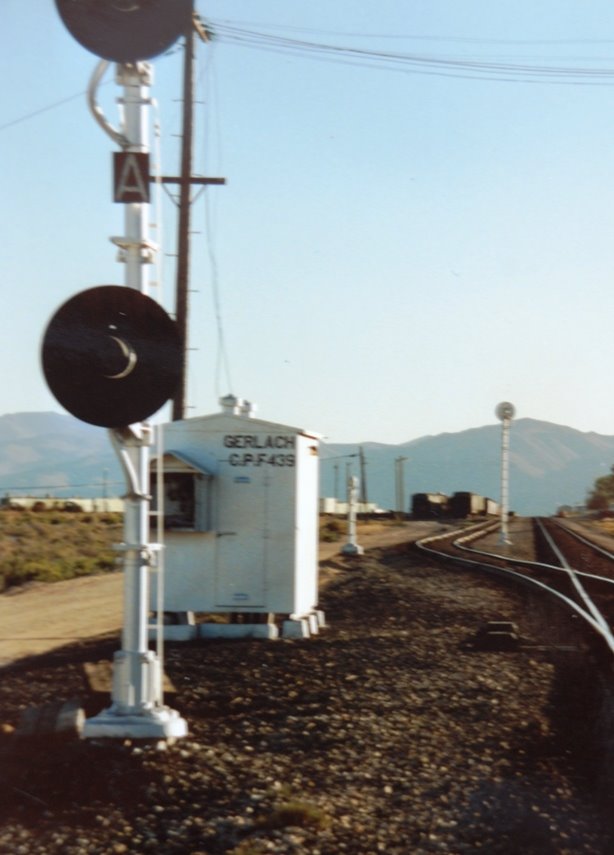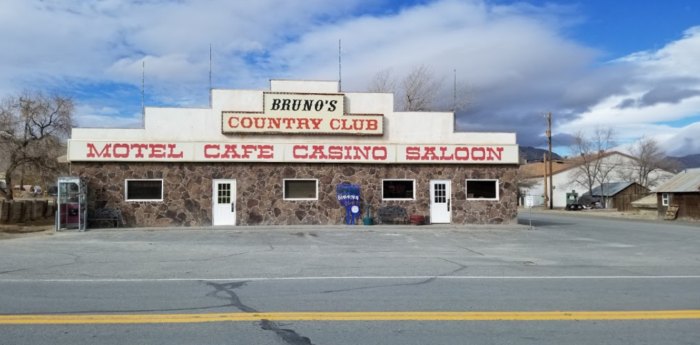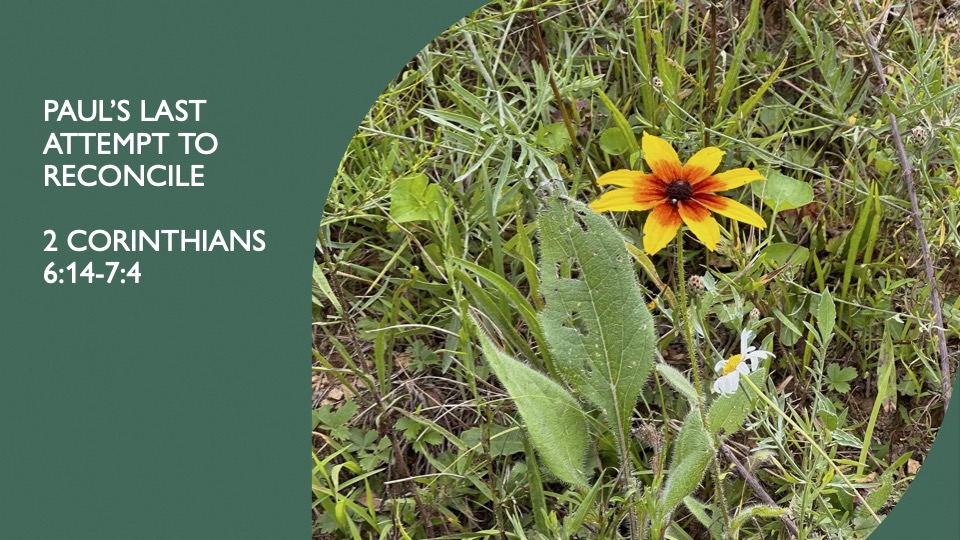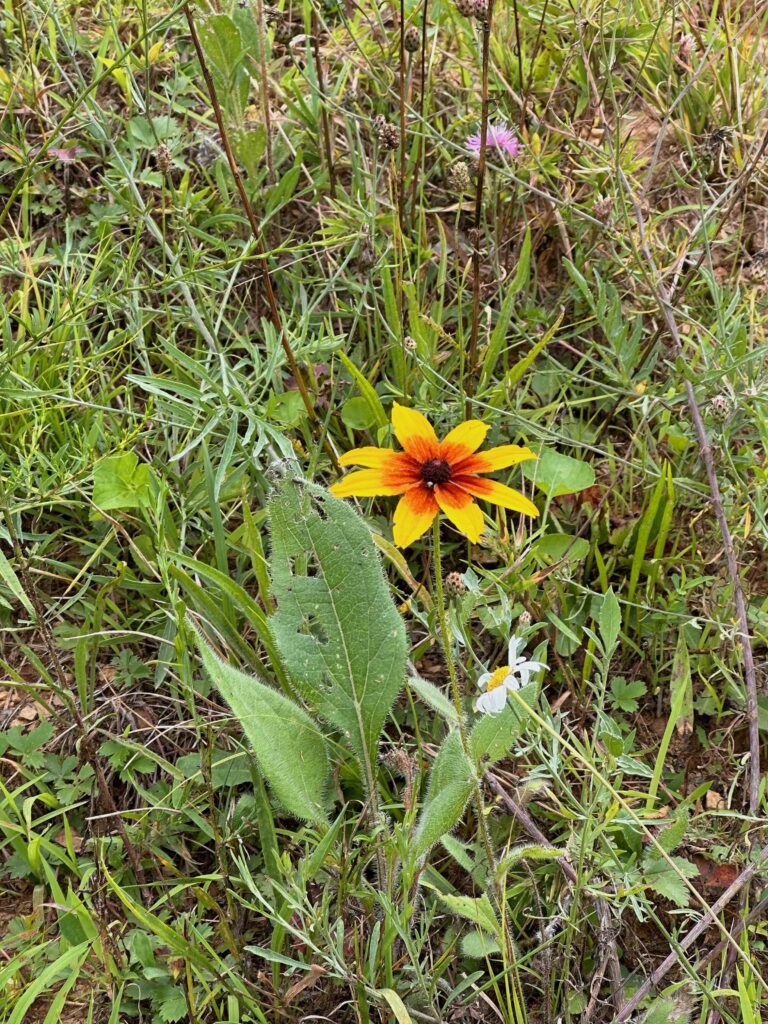My first months at the grocery store
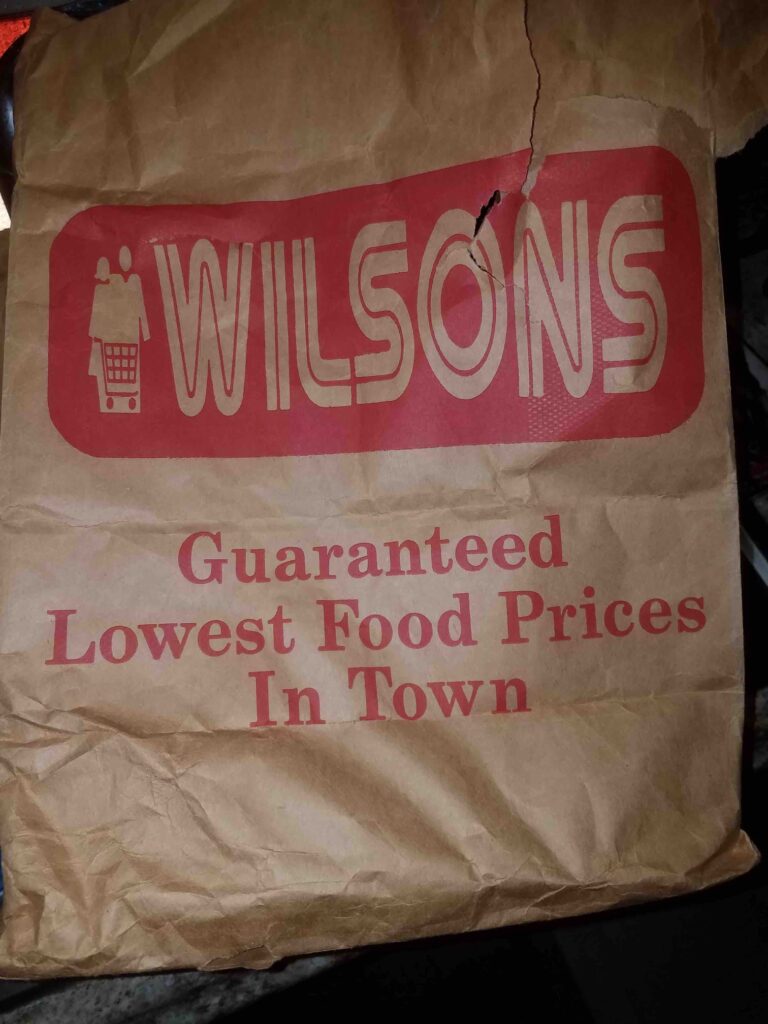
During my first few months as the grocery store, I worked only three days a week: Thursday, Friday and Saturday. On school nights, I’d arrive at 4 PM and work till 8 or 9 PM. As things begin to slow down in the evening, Bert would begin to send some of us home for the night. It was always nice to get out a little early on Thursday, especially if I had homework. On Saturday, I’d work from late morning till early evening.
I don’t recall a lot about these early months working at Wilsons. Everyone I worked with, except for Tom, was older. During this time, I mostly worked up front, bagging groceries and carrying them out to the customer’s car. Such work doesn’t create a lot of memories. This was fine with me for you were often tipped for helping someone with their groceries.
Learning new tasks: bottle returns and bring trash
Occasionally, when it was slow, I’d be assigned another task like taking care of bottle returns. In the front of the store stood several large bins on wheels where we placed soft-drink bottles after customers redeemed for deposit. Whenever a bin would begin to fill, or when there was a lull in the action, Bert would assign one of us bag boys take the bins to the back of the store and separate the bottles into several large wooden bins, divided by brands. The distributors picked up the empties a couple times a week. Although this gave you a break from bagging, it was really a dirty job and the novelty of working in the back of the store soon wore off.
Another back-room job was running the incinerator. All paper trash, especially boxes, and some plastic wrappings that came from the meat market were burned. Late in the evening, as things slowed down, someone was sent back to handle the daily trash. I was neat to see the incinerator. A huge steel door opened with a switch. I would pack the cavity with debris. Once filled, you closed it and hit a button that shot out a gas flame. The metal, when you ran it for a long period, became red hot. It took only a few minutes of burning to consume everything. Then, machine was ready for another load. It seems odd today that we burned cardboard instead of recycling. As for the burning of plastic, that also seems less than environmentally friendly.
Learning new tasks: Marketing
Another job which I slowly began to dip my toe into was marketing. At the time, the custom was for grocery stores to run weekly sales from Thursday to Wednesday. When my hours expanded and I began to work on Wednesdays, Bert would often ask me to help him hang large signs (3 feet wide and 8 feet long). These were taped onto the front widows and generally hung late Wednesday, an hour or so before closing. The signs advertised our weekly specials such as a five-pound bag of sugar for 59 cents, some cut of steak for 1.99 a pound, bananas for 10 cents a pound, baby food a dime a jar, five pounds of potatoes for 39 cents.
Also, late Wednesday, as we approached closing time, the job of changing the marquee out front would fall to one of the bagboys This was always a fun job, except for when it was raining or windy. We’d used a 12-foot-long mechanical hand to take off the old letters and put on the new ones.
No longer the new kid
As the weather warmed and school was done for the summer of 1973, there was a turn-over of personnel. Many of my colleagues graduated from high school and left for permanent jobs, college, or the military. As these guys and gals were replaced, I was no longer the new kid. Of these new employees, Tina was the most exciting. Tina was the first of the girls my age working at the store. Like Tom, she was a student from New Hangover High. I remember her with hard dark hair, olive colored skin and big dark eyes. For the next couple of years, we’d flirt back and forth. She was the only cashier younger than my mother who called me “honey.” But for some reason, I never got the nerve to ask her out and after a year or so I’d missed my opportunity as she was dating others.
Running a cash register
Late that summer, Bert trained me to run a cash register. It seemed a nice skill to have and it meant a small increase in my paycheck. I think I received a 20 cent and hour increase, but it was anactual decrease since cashiers never received tips. All the regular cashiers were women, just as all the bag boys were “boys.” But a few bag boys trained to take over a register if things got busy, or to allow those on the register to take a break and to fill in if there was an absence. Running a register on a rainy day was a blessing. On rainy days, being assigned to a cash register was a treat.
It’s hard to remember, but the store used mechanical cash registers back then. There were no scanners. These were heavy machines that had rows of numbers. A carton of cigarettes at the time cost $1.89 (this was North Carolina, after all!). Holding the item in one hand, I’d mash the 1 button on the third-to-the-left column. Then I hit the 8 button on the second and the 9 on the left-hand column. Soon, I could do this in one motion. I then rolled my hand to the right and with the side of my hand hit enter. The price would appear on the tape and show on the top of the machine. It became second nature. After a few weeks, I discovered that I was as fast as anyone except the older women who been there for years.
The mop crew
Another new job I found myself being assigned to was mopping. On weeknights, about 15 minutes before the doors locked, Bert would assign two of us the task. We’d go back and begin preparations. We had a large machine that put out a cleaning solution, scrubbed the floor and then vacuumed up the dirty solution. Behind the machine, the second person came behind with a mop to scrub the sides of the aisles and any missed areas. It’d take 30 or so minutes to cover the floor. .
Late in the summer of ’73, Bert asked if I’d be interested in working the Saturday night mop crew. For this, I had to get my parents’ permission since we worked well into Sunday morning. The store was closed on Sundays. My parents agreed and, for the rest of the time I was in high school, I didn’t have to worry about a Saturday night curfew and often came home at 4 or 5 on Sunday mornings. This was okay with my parents if I was up in time for church and provided me with more freedom that I should have had as a high school kid.
Saturday: mopping and waxing
On Saturday night, we’d not only mop the floor, but strip it of wax. As soon as the last of the customers were out, we’d take all the shopping carts out of the store and place them in the parking lot. Then the three of us (there were always three on Saturdays), would remove anything from the aisles and place them in the back room or up off the floor around the registers. With the floors cleared, except for the aisles themselves, we’d use chemicals in the machine and in the buckets to cut the wax off. Where the wax had built up, we’d scrap off the excess with metal scrapers attached to hoe handles. The floor had to be spotless and dry before waxing.
We’d had special mops and buckets for the wax, which came in 55-gallon oil drums. Using a mop, one of us would put a line of wax along the edge of each aisle, about two inches from the edge. Then the other two would come in and fill in the aisle with wax. The job required a steady swing of the mop to place the wax evenly on the floor. Then, after the wax had dried, we moved everything back out onto the floor and brought in the shopping carts and the store was ready to open on Monday morning. (If raining, we’d mop again the area where we brought the carts in, as it would be sloppy wet.)
There was lots of freedom with working on the mop crew. Bert and John, the assistant manager, rotated Saturday night duty. Whoever closed would lock us in the store after we’d taken the carts out. We were on our own till they came back, generally at 1 or 2 AM, after the clubs closed. They’d often have beer on their breath and on many occasions, Bert would often have a hot looking woman with him. Bert or John would then help us finish up and we’d leave for home an hour or so later.
Running the mop crew
A few weeks after starting to work on the mop crew, the other guys on the crew left and I found myself in charge. I even was able to pick my crew and asked Tom, and later Billy, to join me. I also quickly learned that it didn’t take six or seven hours to do the work. We’d normally complete our work by midnight. For a month or so, we spent an hour or two sleeping on the cash register belts as we wait for Bert or John to come back and open the doors so we could bring in the buggies before going home. Since we were still on the clock, those were some of the best hours I’d work.
I ran mop crew throughout my high school year, only missing the weeks I was away with the school’s debate team. . Bert, knowing that we were faster than others had been, would come back earlier and we started being out of the store between midnight and 1 AM. As I turned 18 during my senior year in high school, finishing out “early” allowed me to join Bert and others as we closed down night clubs.
Looking back 50 years
It doesn’t seem like it’s been fifty years since I started to work in the grocery for minimum wage ($1.60 an hour at the time). It’s been over 45 years since Tom’s death (I will write more about him at a later date). Bert died seven or eight years ago. I wasn’t able to make it to his funeral, but my younger brother who worked for him ten years after I did, was able to make it. I wonder what happened to John, Billy, and Tina.
Click here to read my previous post about being hired at Wilsons

